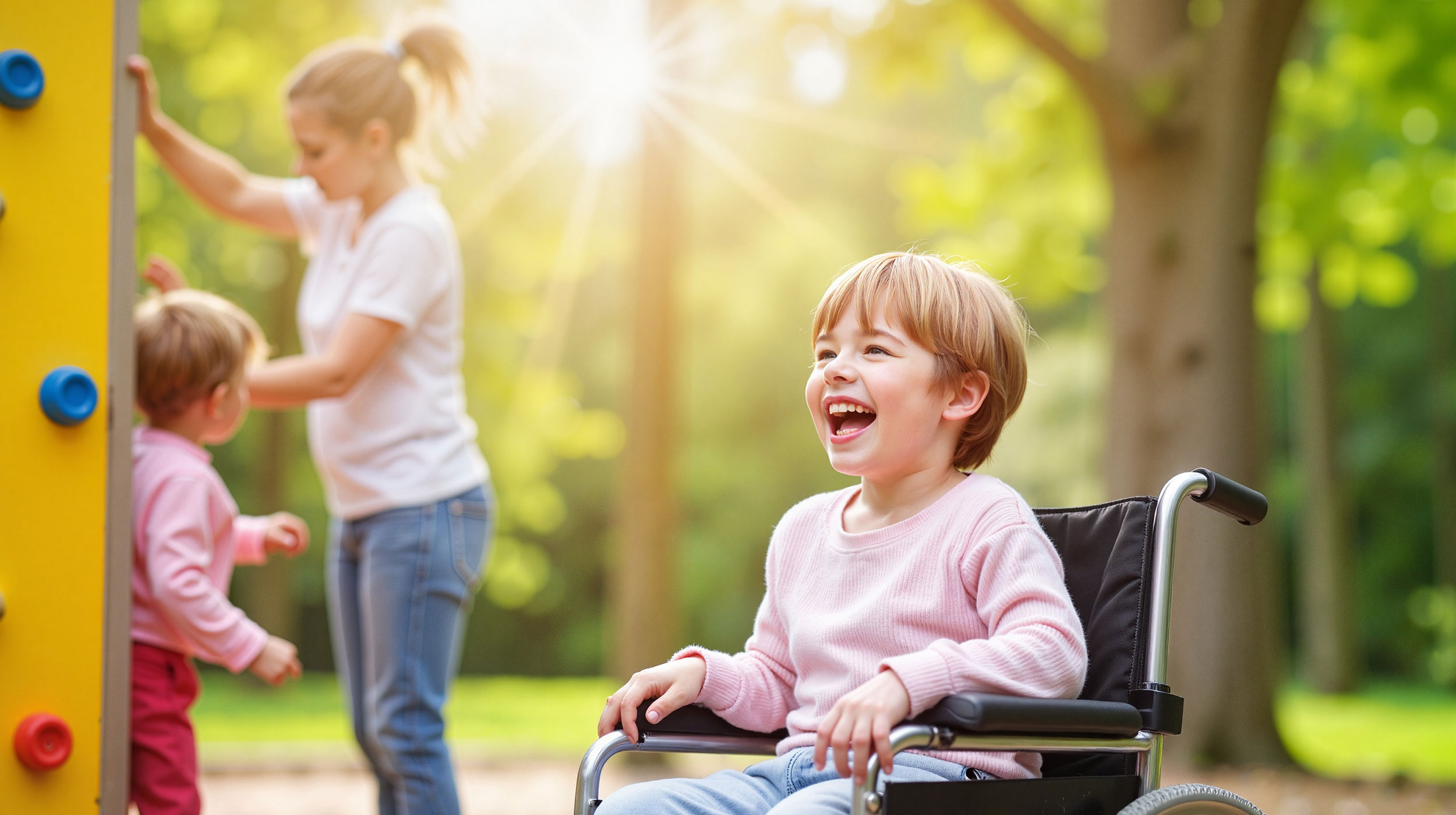Question
„ An Kader vum „Zuch vun der Demokratie“, deen dëst Joer den 11. November an der Chamber stattfond huet, goufe Froen iwwert Spillgeräter fir Kanner mat ageschränkter Mobilitéit an de Schoulhäff zu Lëtzebuerg gestallt.
An deem Kader wollt ech dem Här Inneminister an dem Här Minister fir d’Famill, fir d’Solidaritéit, fir d’Zesummeliewen a fir den Accueil follgend Froe stellen:
- Ginn et bei de respektiven Ministèren Zuelen doriwwer, wéi vill Gemenge behënnertegerecht Spillgeräter an hire Schoulhäff installéiert hunn?
- Wéi gesinn d’Häre Minister de Virschlag vun de Schoulkanner, dat d’Gemenge mëttelfristeg all d’Schoulhäff zu Lëtzebuerg mat Spillgeräter ausstatten, déi fir Kanner mat ageschränkter Mobilitéit gëeegent sinn?
- Ginn et an dësem Kontext schonn Initiativen, déi sech mam Ausbau vun inklusive Spillplazen an de Schoulhäff befaassen?“
Answer
D‘Inklusioun vun alle Mënschen stellt en elementare Grondsaz an eng iewescht politesch Prioritéit fir d‘Regierung duer. All Kand soll, onofhängeg vun enger eventueller Beanträchtegung, vu klengem un d’Méiglechkeet kréien, sech beschtméiglech ze entfalen an un den Aktivitéite vum gesellschaftleche Liewen deelzehuelen. Mam Accessibilitéitsgesetz vun 2022 huet Lëtzebuerg e wichtege Schratt a Richtung vun enger barrierefräier Gesellschaft gemaach, andeems e klore gesetzleche Kader geschaf gouf, deen d’Accessibilitéit vu fir d’Ëffentlechkeet zougängleche Plazen reegelt a promouvéiert.
Och wann d’Spillplazen net ënner d’Applikatioun vum Accessiblitéisgesetz falen, spillt d’Sensibiliséierung fir eng méi inklusiv Gesellschaft ze schafen eng zentral Roll an der Aarbecht vun der Regierung, a schreift sech an an d’Efforten zur Ëmsetzung vun der UN-Konventioun fir d’Rechter vu Mënsche mat enger Behënnerung. Och an Zukunft wäert d’Regierung hir Efforte weider verstäerken, fir déi ënnerschittlech Acteuren hisichtlech där Thematik z’informéieren, ze sensibiliséierung a bei der Ëmsetzung vu konkrete Mesuren z‘ënnerstëtzen.
Stand haut gëtt et keng national Statistiken iwwer d’Unzuel vun accessibele Spillplazen an de Gemengen. Onofhängeg dovun, sinn a bleiwen d’Gemengen ganz wichteg Partner bei der Fërderung vun der Barrierefräiheet an d’Regierung wäert sech weiderhin an enker Kollaboratioun mat den ënnerschittleche Partner dofir asetzen, d’Accessibilitéit an alle Beräicher weider ze stäerken.






